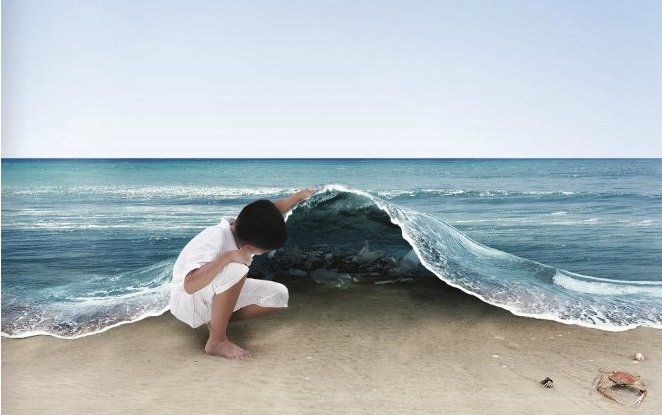Sunday 19 June 2016
BIODEGRADABLE PLASTICS AND MARINE LITTER: THE OPEN-BIO POSITION
The Open-Bio group states that plastics shown to be truly biodegradable in the marine environment could be profitably used in applications where dispersion in the sea is certain or highly probable. Nevertheless, the consortium writes that biodegradable plastics are not a solution to littering. Littering must be opposed by means of prevention, waste management (that includes separate collection and organic recycling of biodegradable plastics), public awareness, etc.
The Open-Bio research consortium is the project funded by the European Commission to support standardization, labeling and procurement of biobased products, and it recently addressed the issue of biodegradable plastics in the report “Comment on the UNEP report on biodegradable plastics and marin litter”. This report represents the consortium’s position on the recently published UNEP (United Nations Environment Programme) report "Biodegradable Plastics and Marine Litter. Misconceptions, Concerns and impacts on marine environments".
Open-bio has developed new methodologies for the analysis of marine biodegradation. Through these methods it was possible to verify that MATER-BI - the biodegradable and compostable bioplastics developed by NOVAMONT - has achieved biodegradation of 90% in less than a year.
Thanks to this result NOVAMONT has obtained the "Environmental Technology Verification" (ETV) certificate for the biodegradation of MATER-BI in the marine environment: an important result, also mentioned in the last Ellen MacArthur Foundation’s report "The New Plastics Economy: rethinking the future of plastics".
MATER-BI is therefore a suitable material for the production of plastic objects with high risk of dispersion in the sea. As illustrated by Francesco Degli Innocenti, Ecology of Products and Environmental Communication Manager of Novamont, during the third meeting with stakeholders organized by GHOST project, the production of Mater-bi nets for mussel farming is currently being tested, which due to its biodegradability could resolve the pollution, along the Italian coast, caused by the leakage of such tools in the marine environment.

